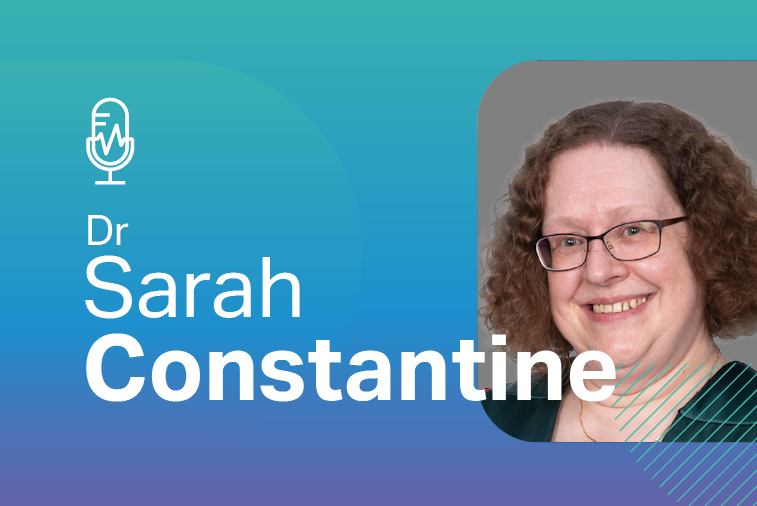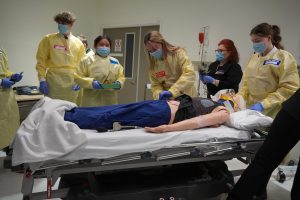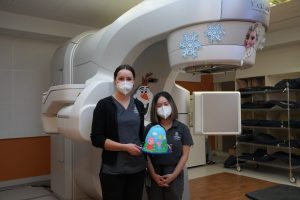Research Pulse podcast: Episode 16
Computed tomography scans, or CT scans, can save lives by enabling early detection of disease and faster diagnosis and treatment of medical conditions. But they also expose you to far more radiation than a traditional X-ray.
There is growing recognition that avoiding unnecessary CT scans reduces cumulative exposure to radiation. It can also conserve hospital resources and minimise emergency waiting times. So can people be triaged in another way while still ensuring positive patient outcomes?
One of the most frequently performed CT scans is of the brain in response to minor trauma, which is commonly associated with falls in the elderly, and in the younger population when affected by drugs and alcohol.
In this episode, we discuss the Adelaide Facial Bone Rule, a screening tool to reduce exposure to CT facial scans, which frequently accompanies a CT brain scan for patients admitted following a fall or accident.
We speak to Dr Sarah Constantine, a consultant radiologist at The Queen Elizabeth Hospital, who led the first large study investigating the possibility of using information from the CT brain scan to predict the need for a CT facial bone scan to reduce the radiation dose to individual patients.
About the researcher
Dr Constantine is also a perinatal and craniofacial radiologist at The Women’s and Children’s Hospital, is a forensic Radiologist, clinical Senior Lecturer at the University of Adelaide’s Dental School and was a member of the SA Radiation Protection Committee between 2007 and 2022.
Listen and subscribe
To listen to upcoming episodes, find us and subscribe wherever you get your podcasts.
Share on social
Enjoy listening to Research Pulse? Share with your colleagues, friends and family and let your network know about what you’re listening to.
Feedback
We would love to know what you think of the Research pulse podcast or if you have an idea about a topic for a future episode, we’d love to hear from you.







